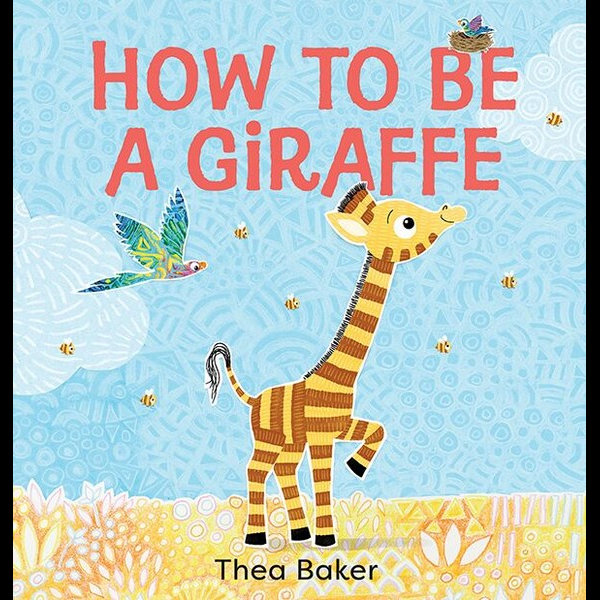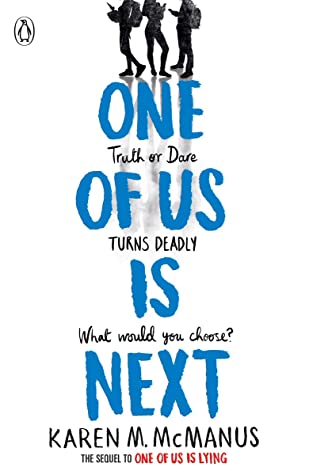Mutual respect builds identity, empathy and community. There are two ways we can think about the social norms that enable people within communities to live and thrive together. We can think about them as rules and boundaries enforced by others or we can think about them as the natural responses that grow from mutual respect, empathy and a desire for individual and community identity and purpose. We move to the next level when we are able to make choices based on respect rather than the power of someone to enforce. At school and within families, there are boundaries that keep us safe and help us to thrive. Growing empathy and a deeper understanding of our responsibility towards the wellbeing of others helps us to be empowered to look beyond boundaries as limiting fences and to see them as steps towards the greater good.
When Luther unpacked the meaning behind the Ten Commandments, he included explanations that revolved around positive responses to God’s love for us in each of them. These included the instruction to call on God in hours of need, to honour our father and mother, to support our neighbour in their every need, for mothers and fathers to love and honour each other, to help people to protect their belongings, to put the best construction on everything and to speak kindly and to encourage people to use their gifts. Luther prompted people to think more deeply and to live in response to and empowered by God’s grace and love. When we do this in community for each other we grow deeply and well.







